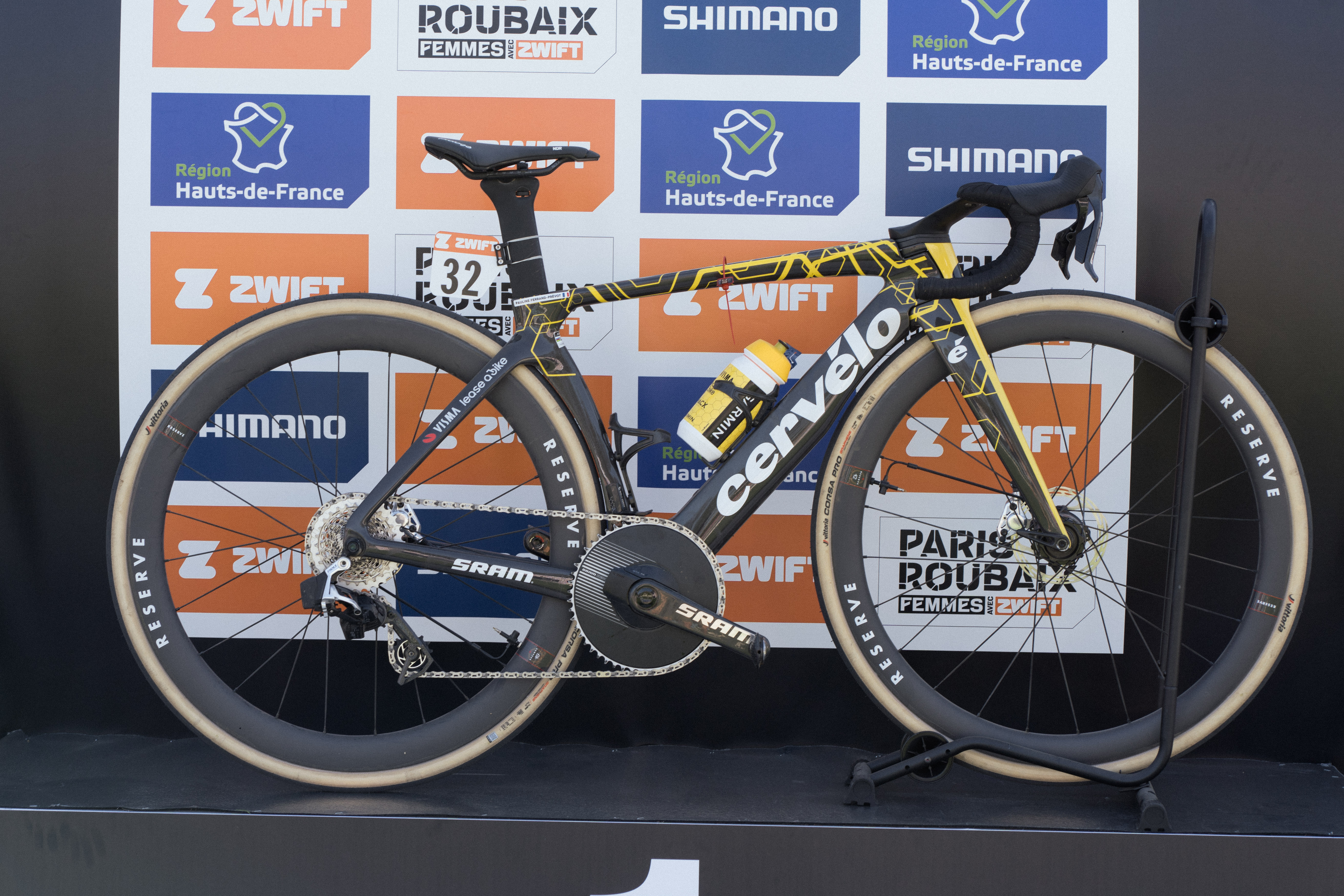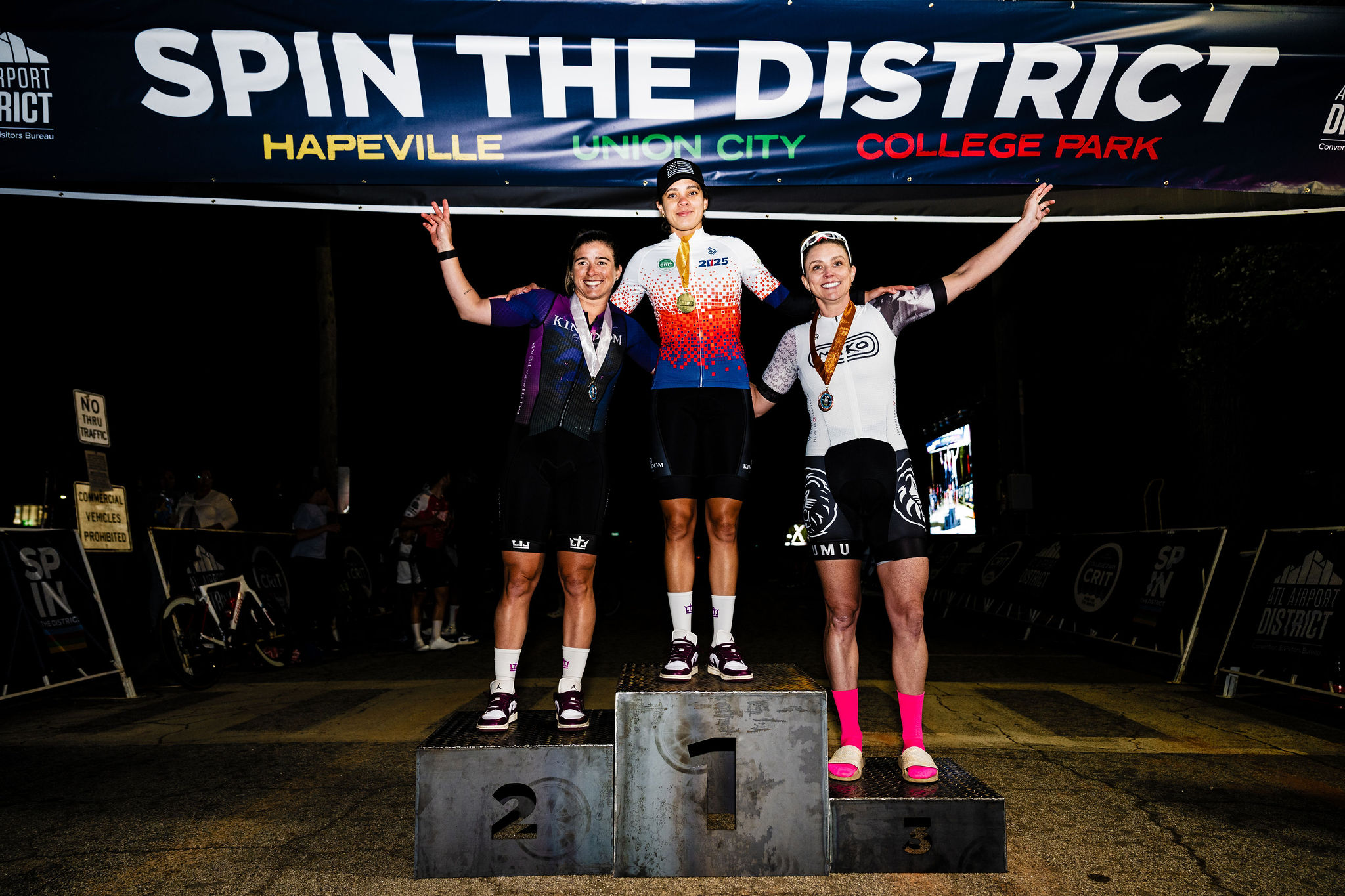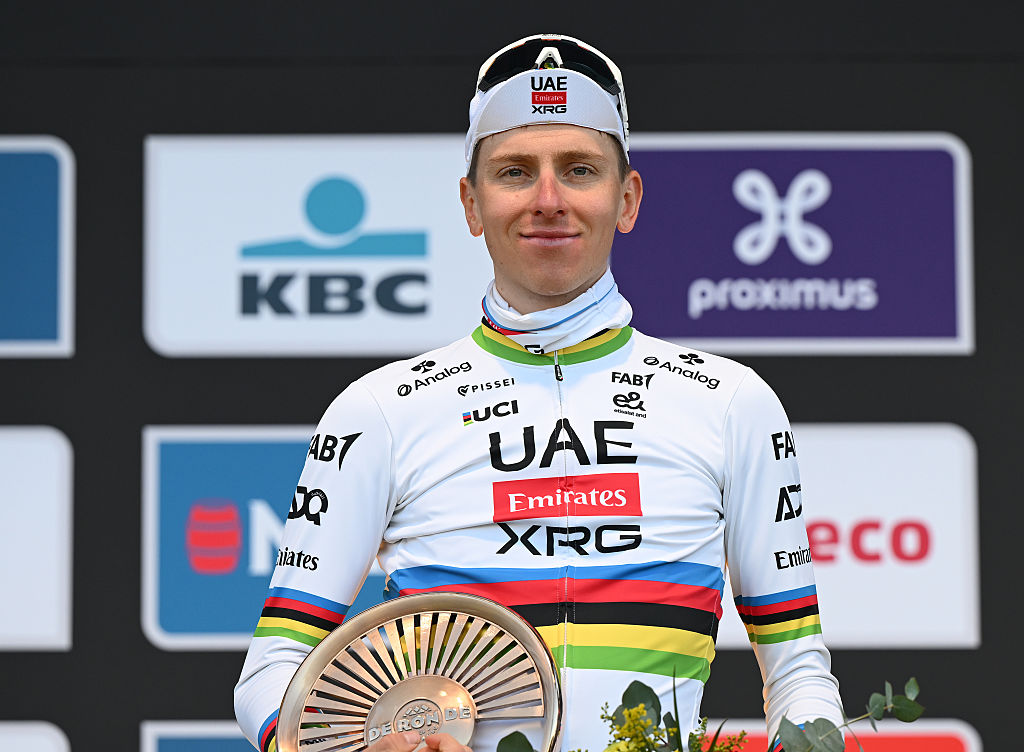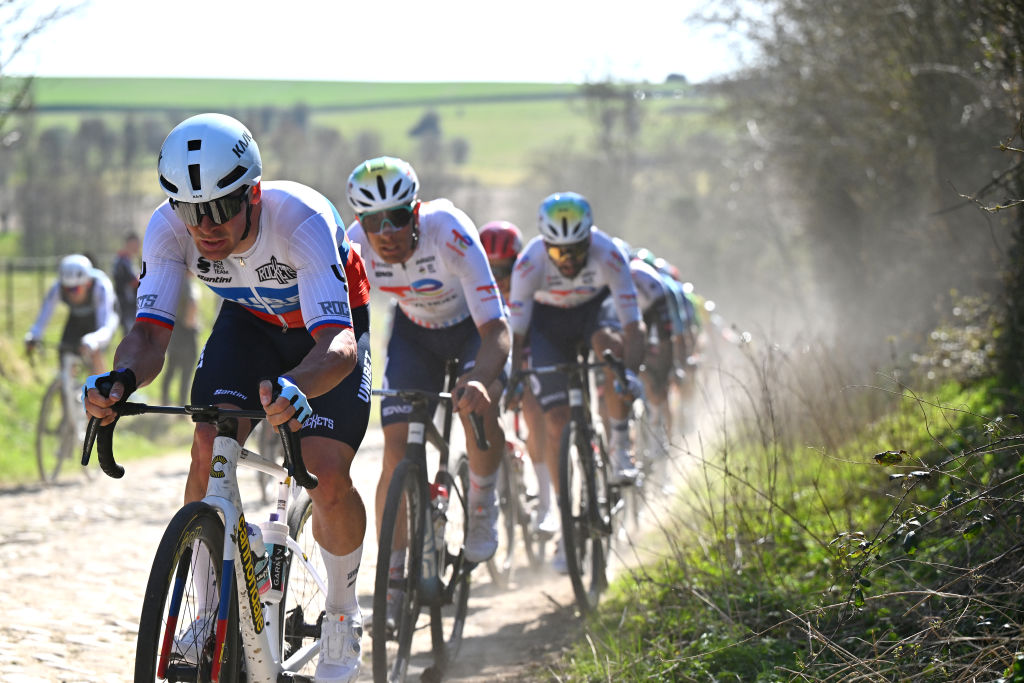Sella dominates Giro's first high-mountain stage
Menchov shines in classification battle as maglia rosa passes to Bosisio Italy's Emanuele Sella of...
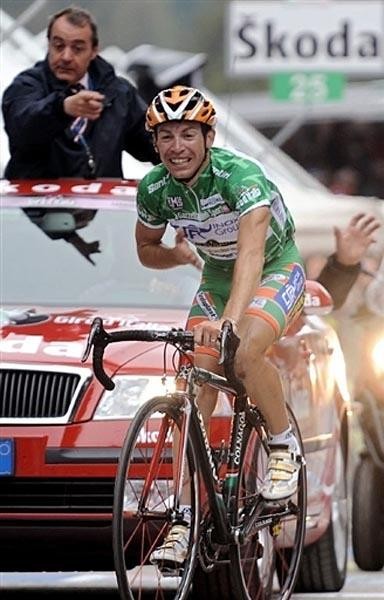
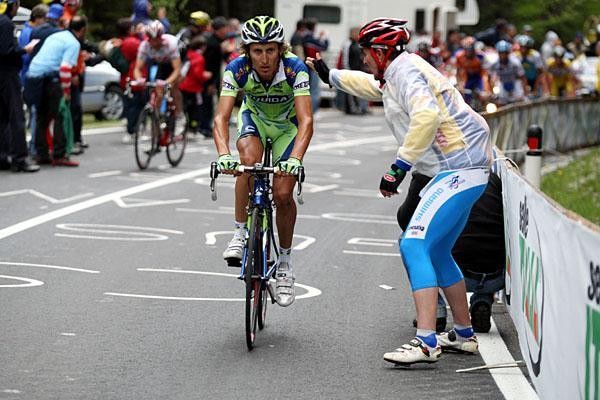
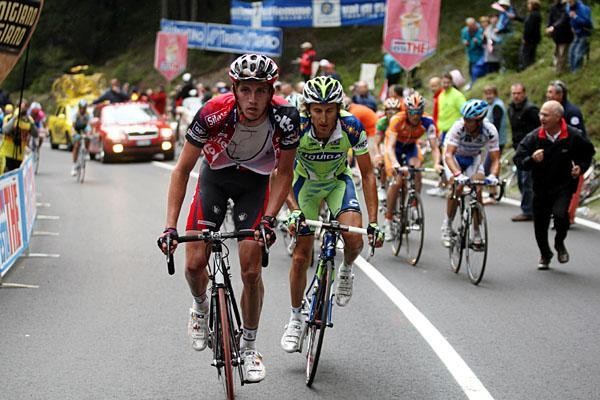
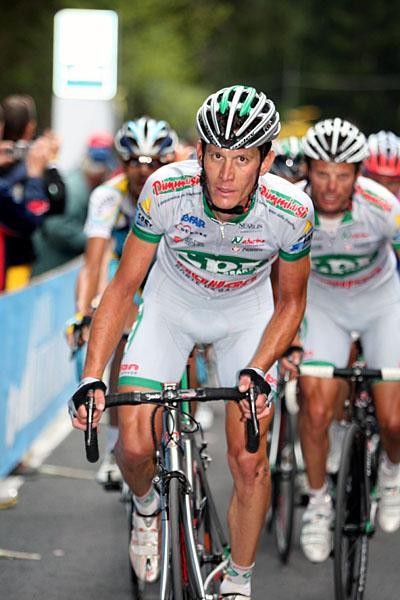
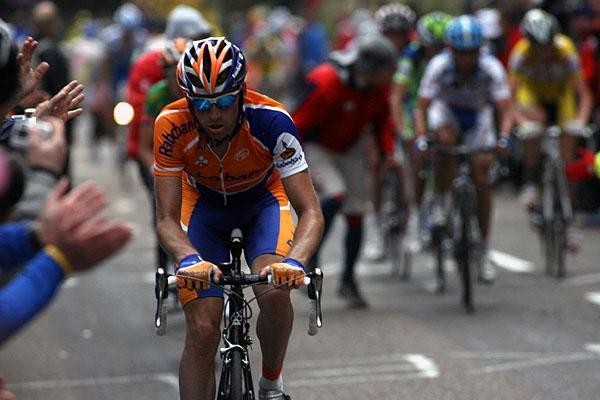
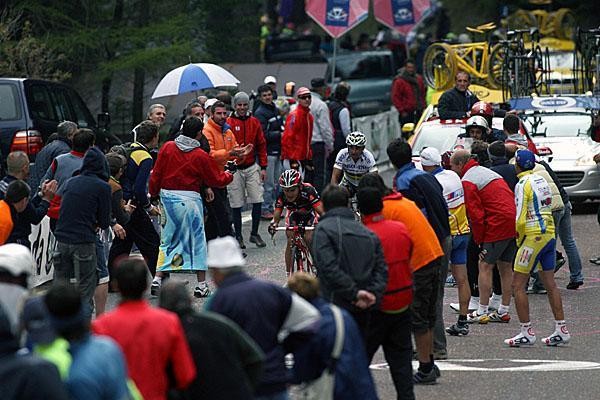
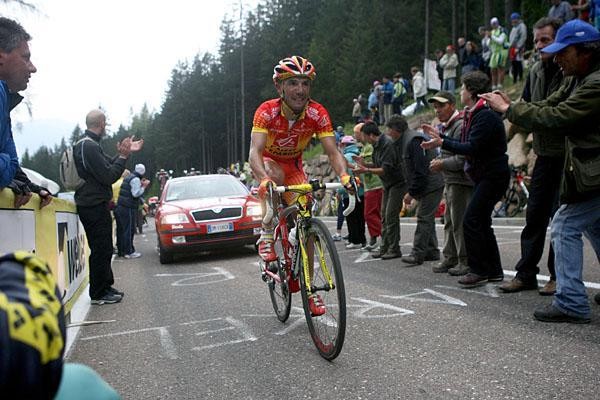
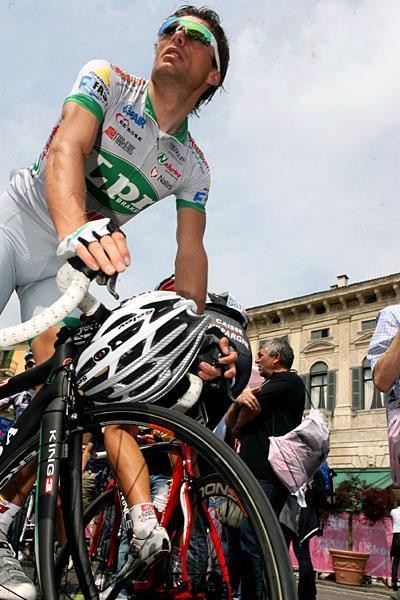
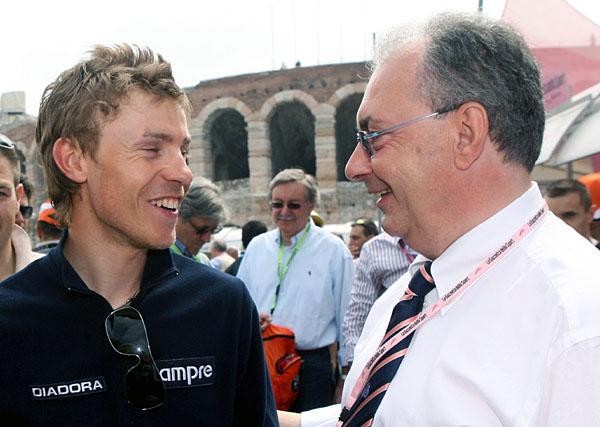
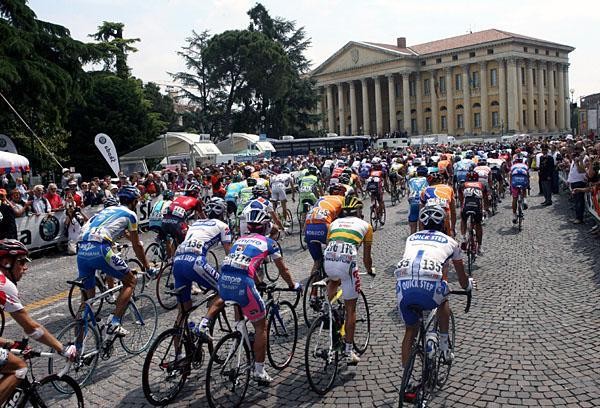
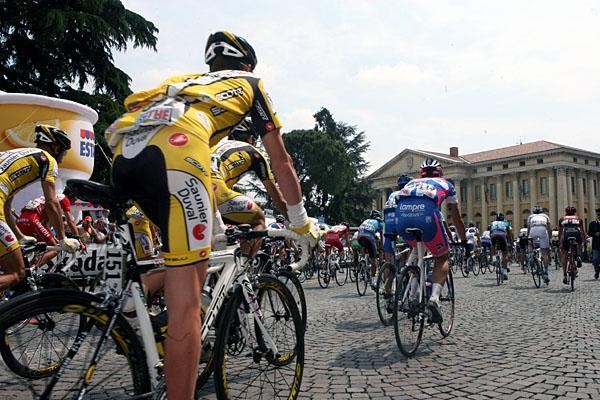
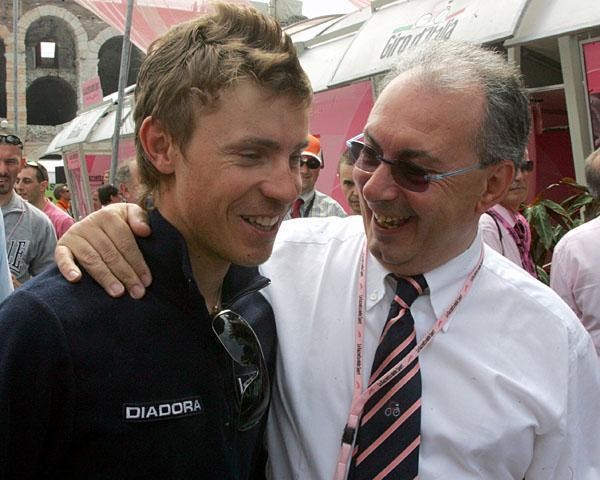
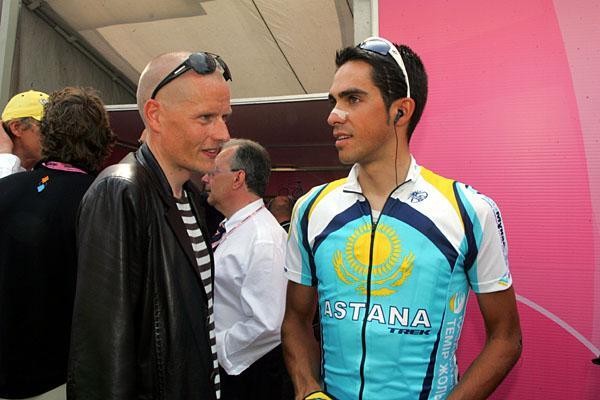
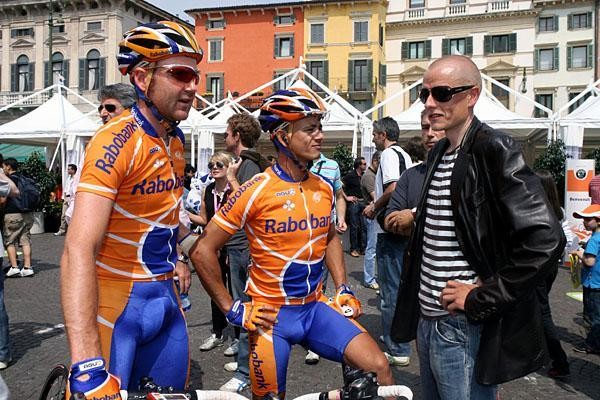
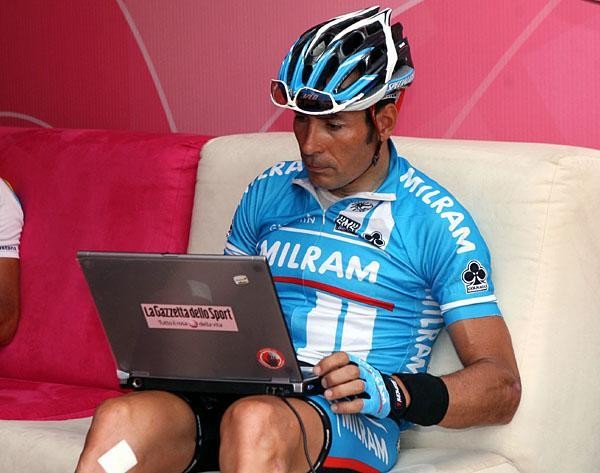
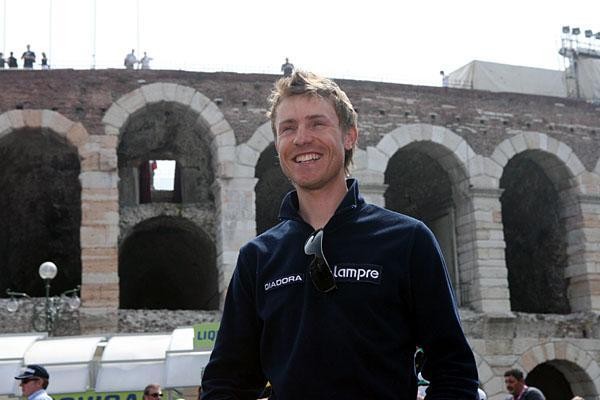
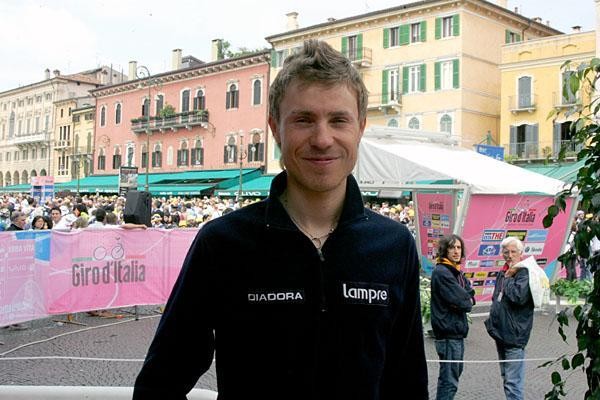
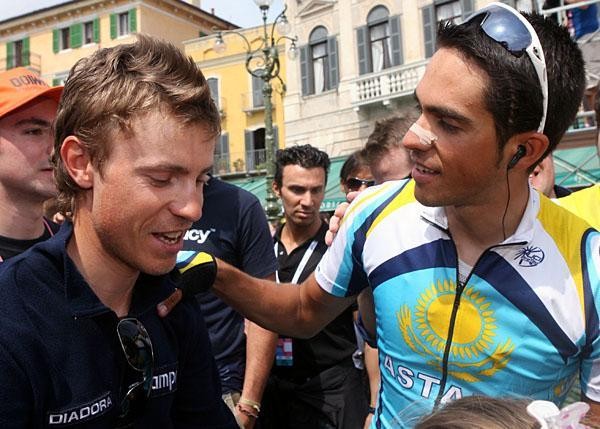
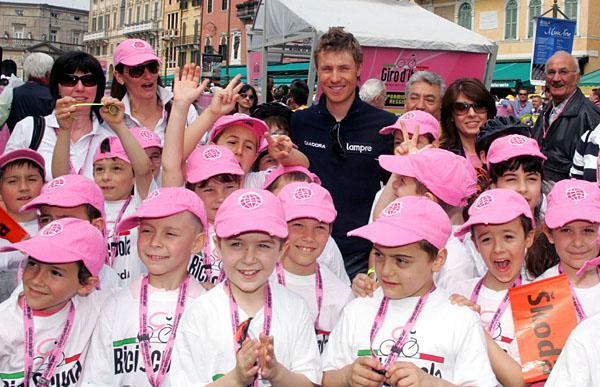
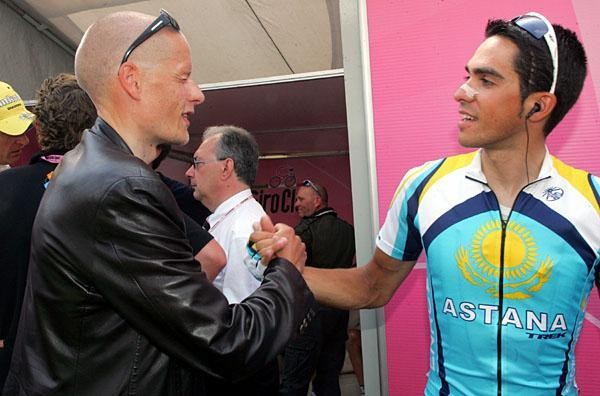
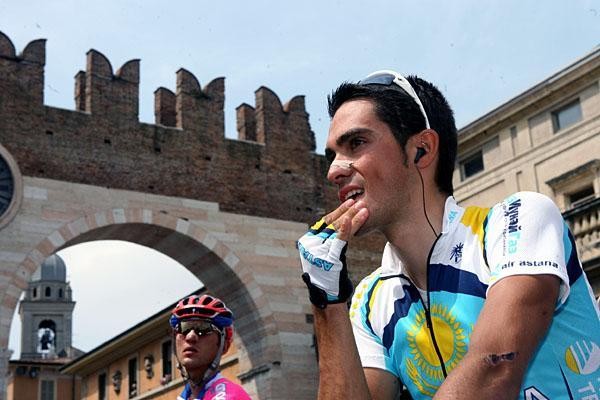
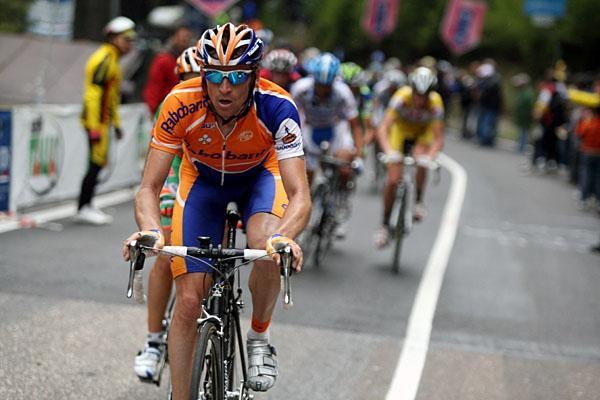

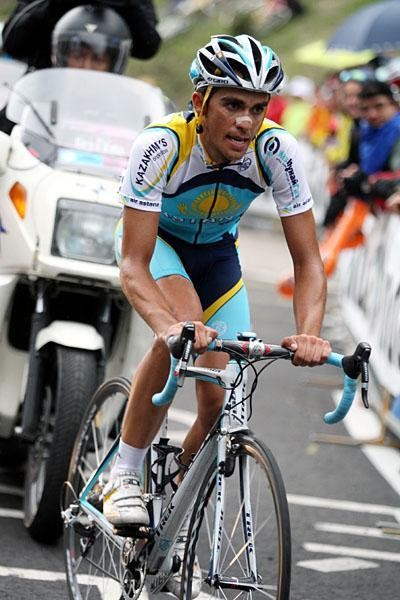

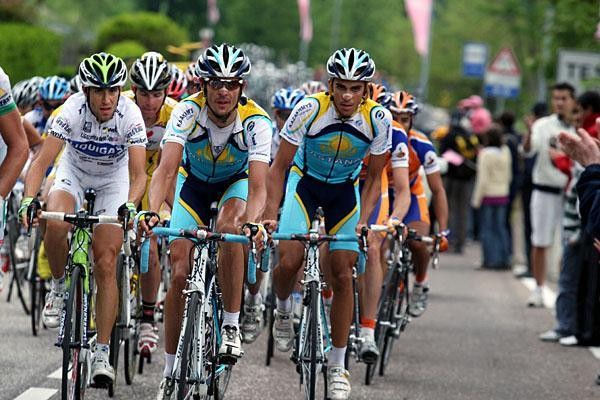

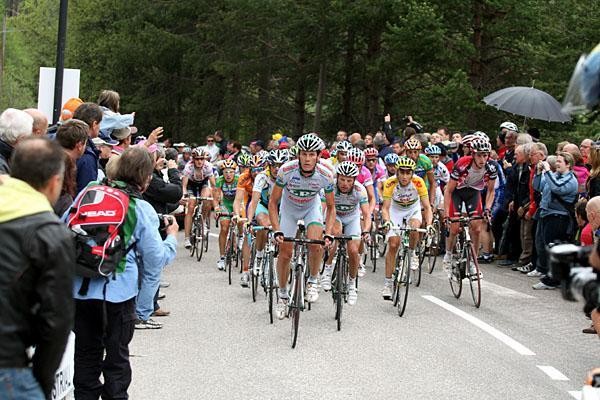
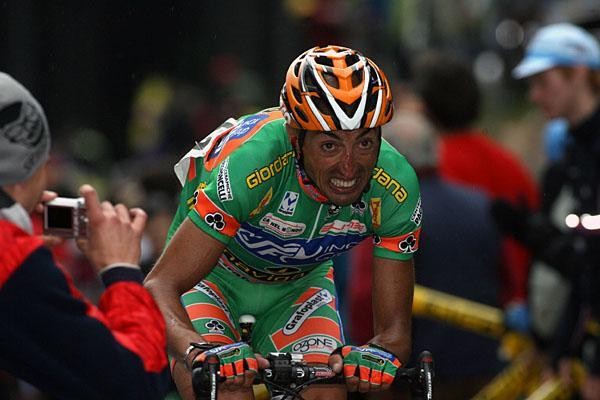
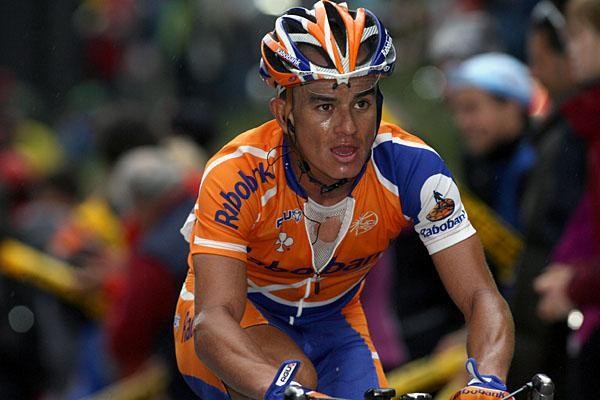
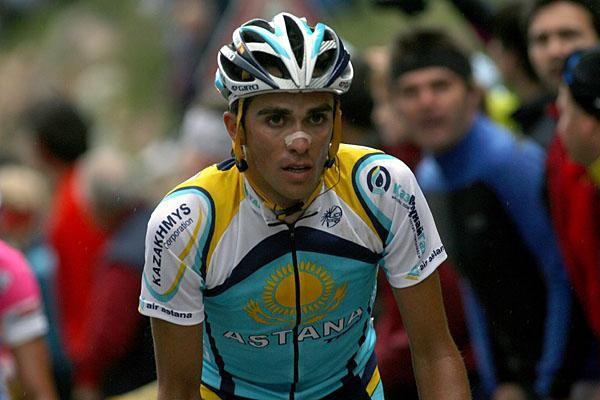
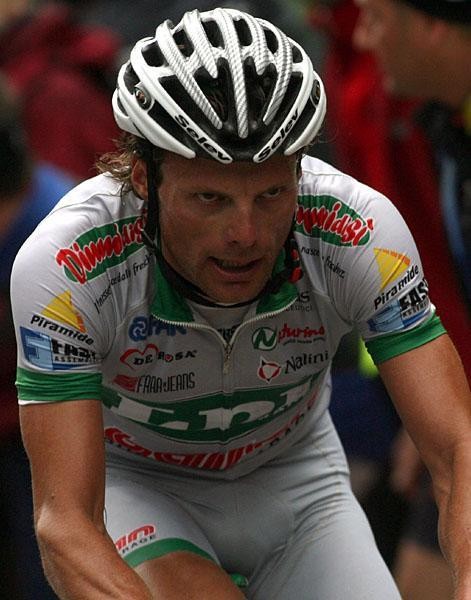
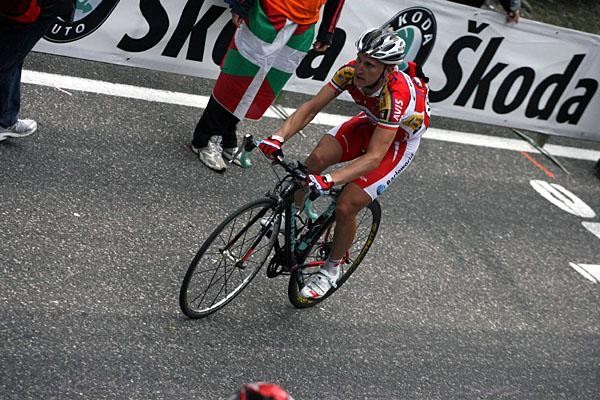
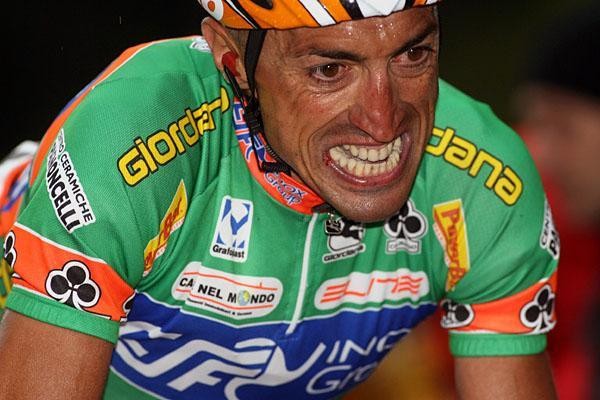
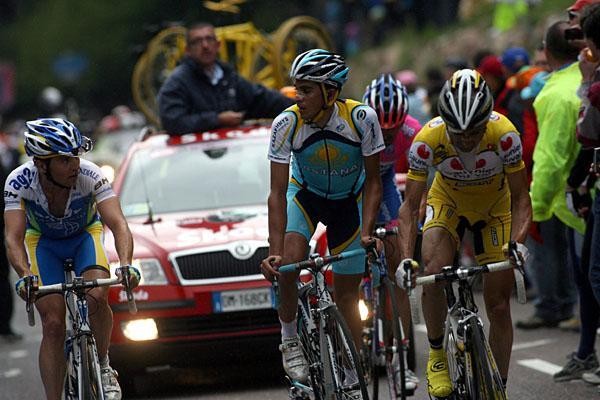
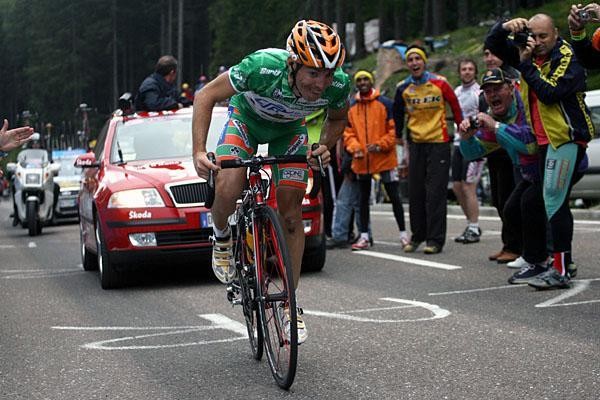
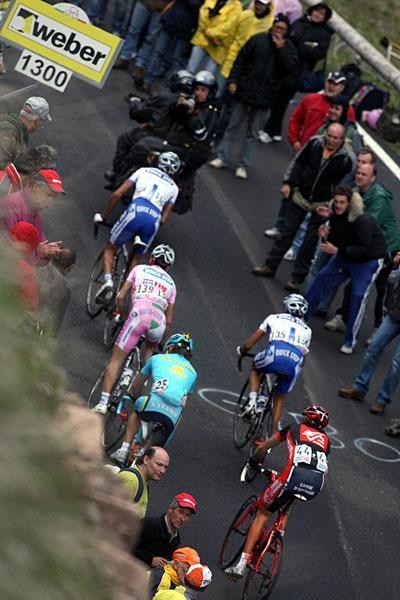
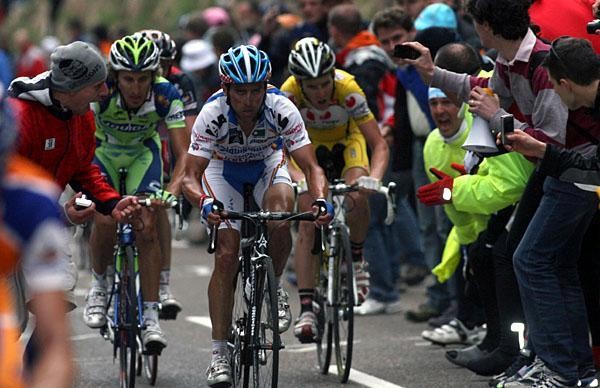
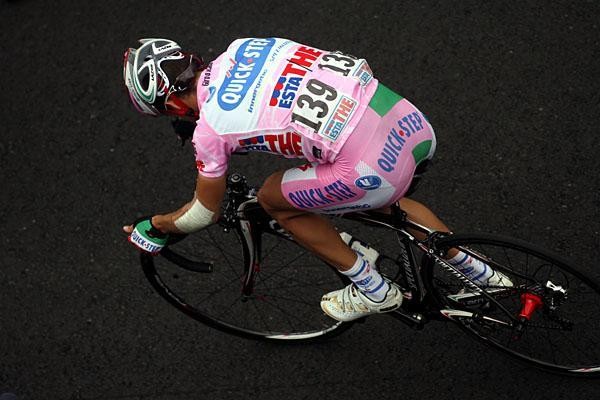
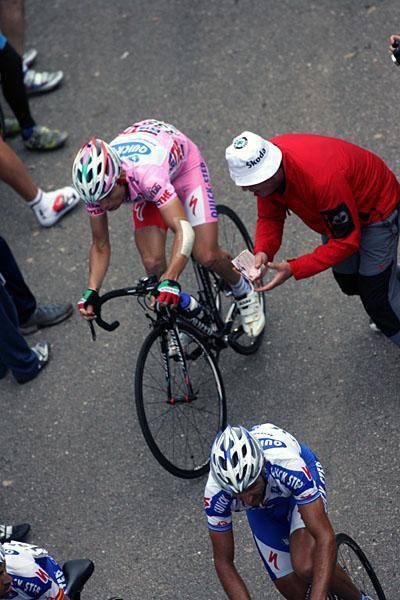
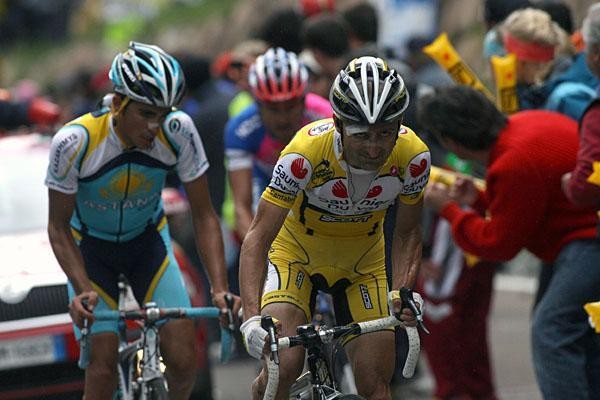
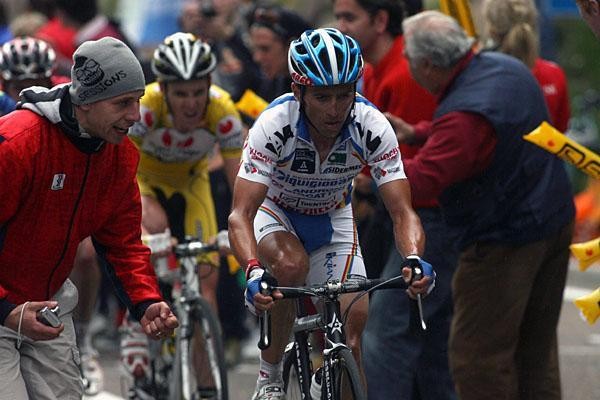
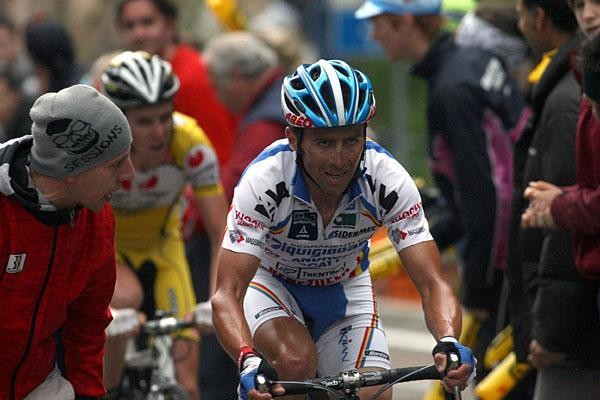
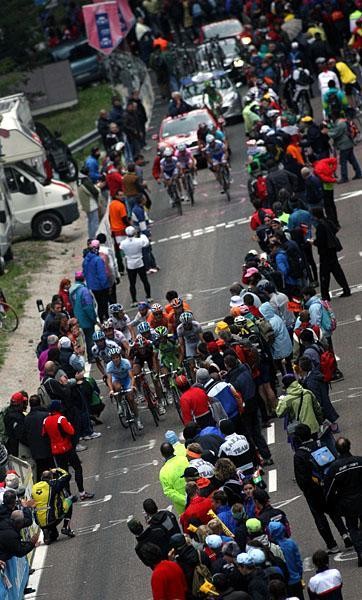
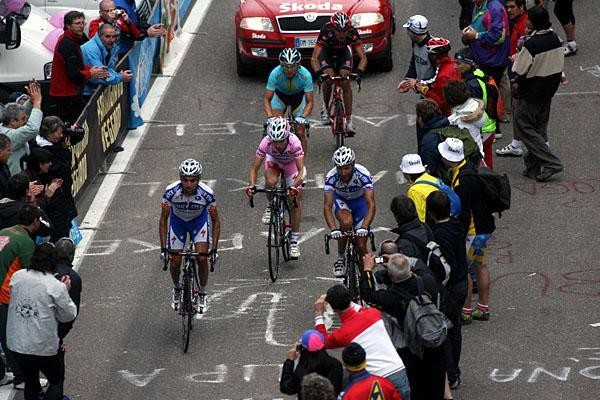
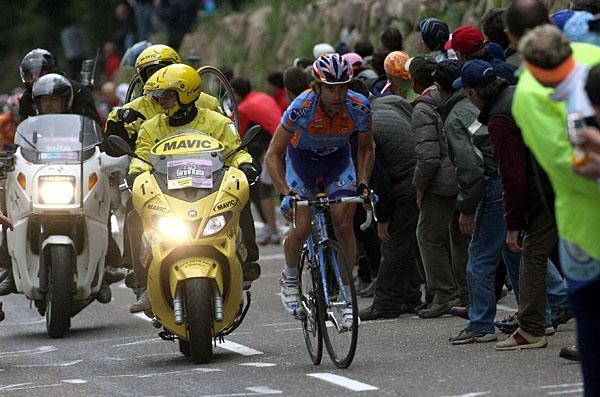
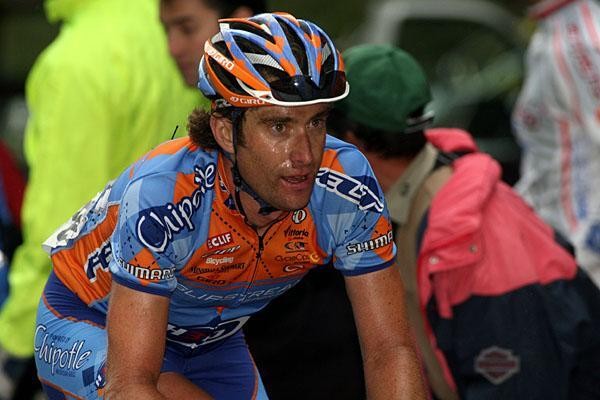
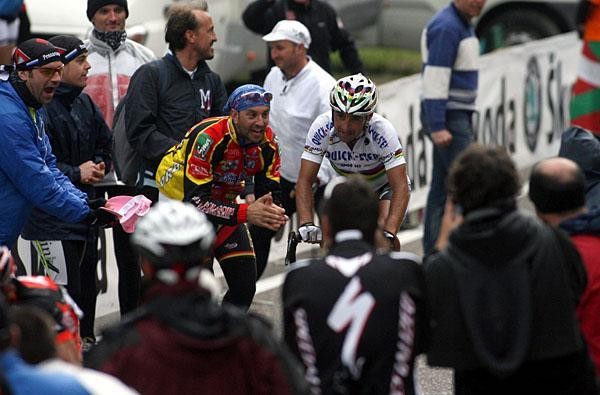

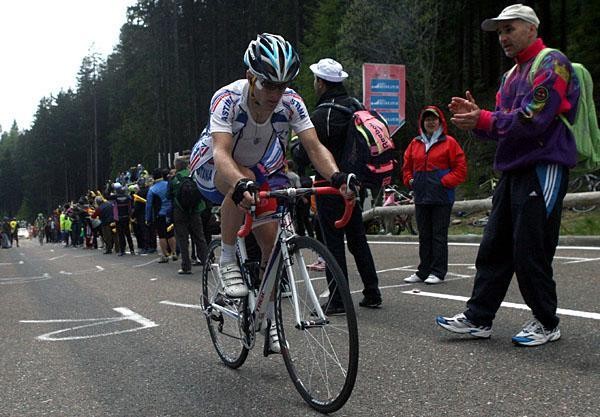
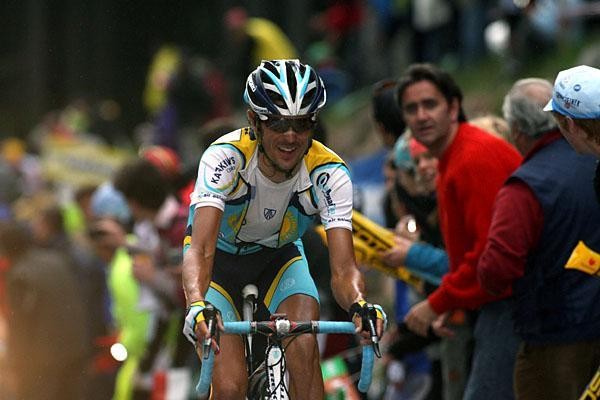

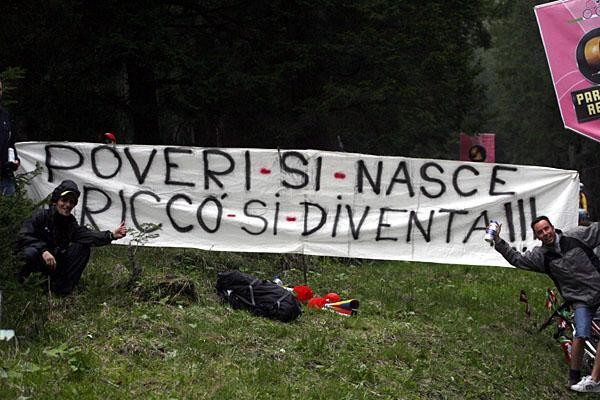
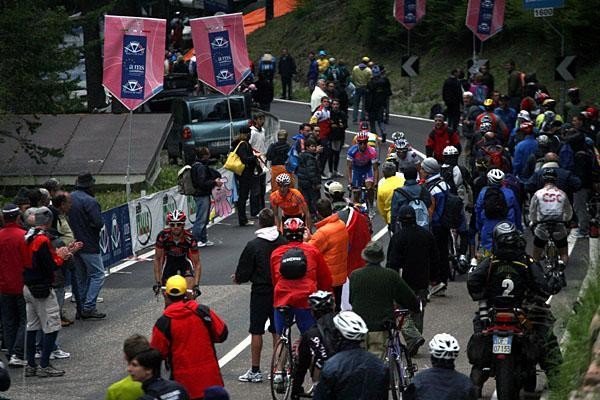
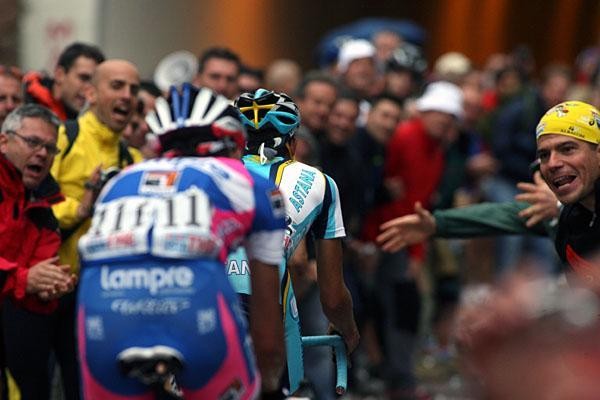

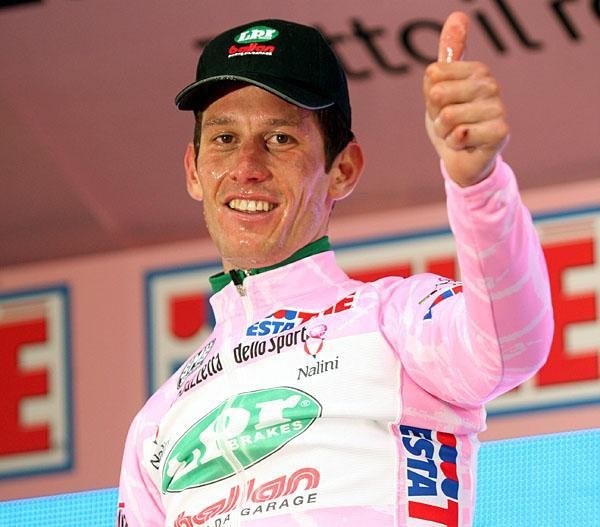
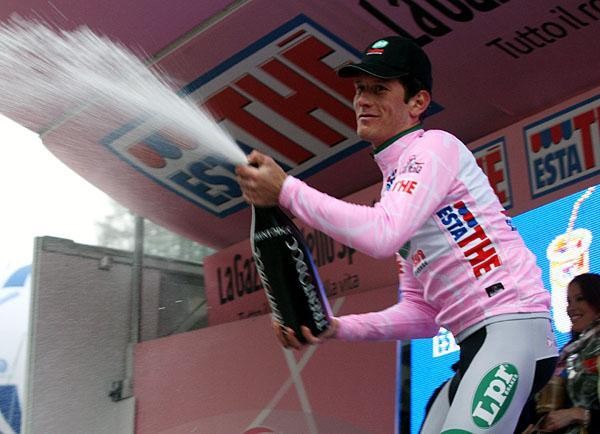
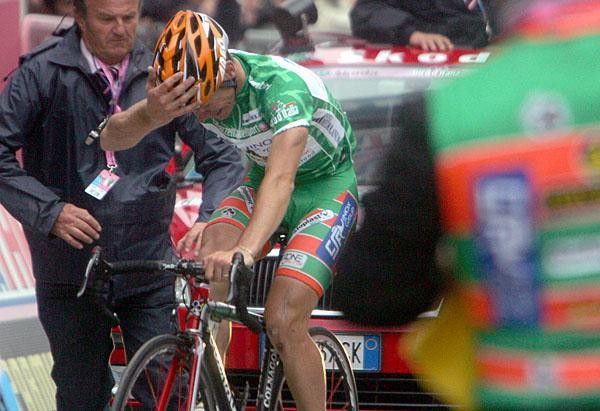
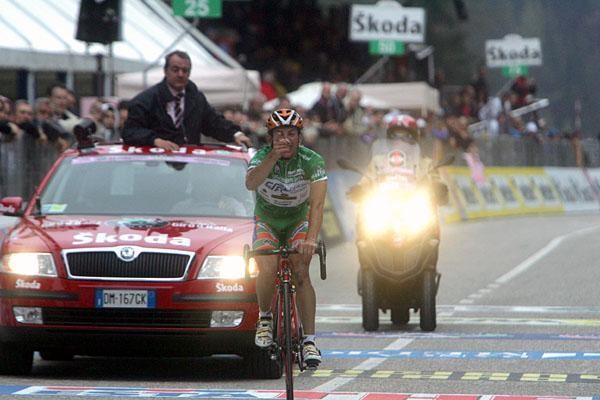
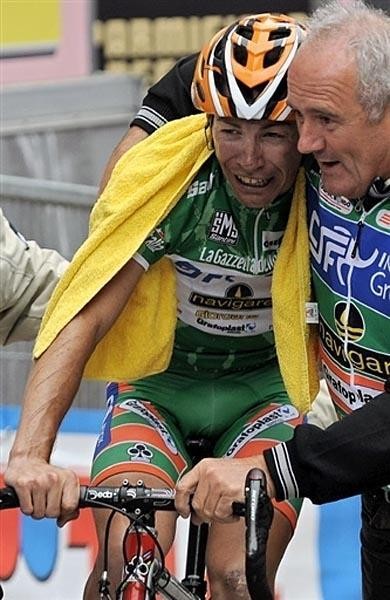

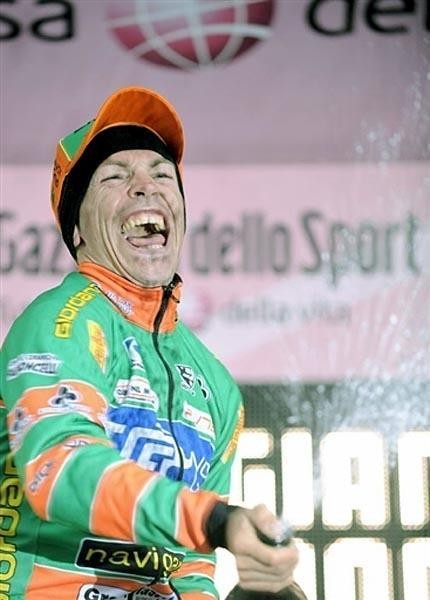
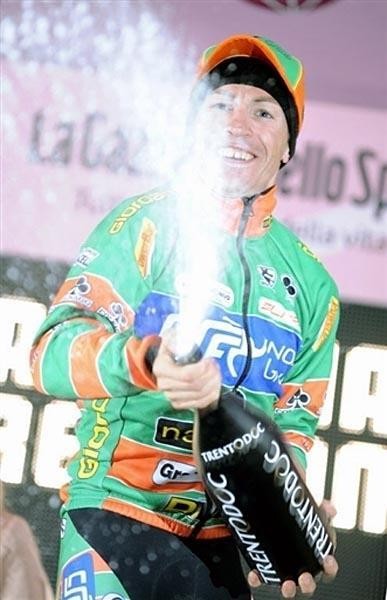
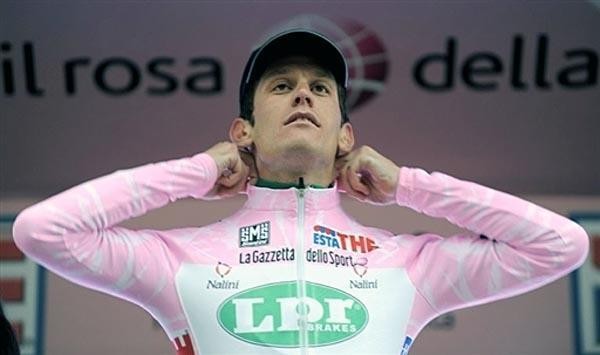
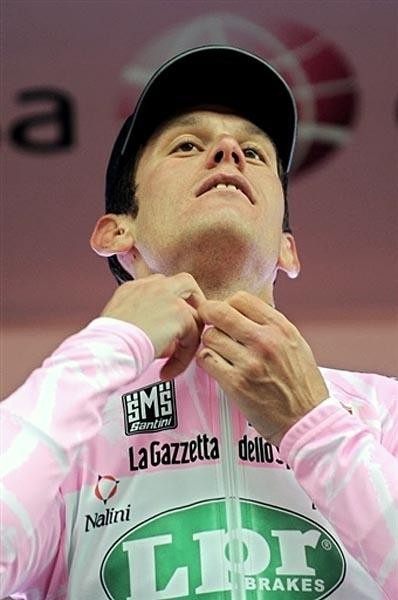
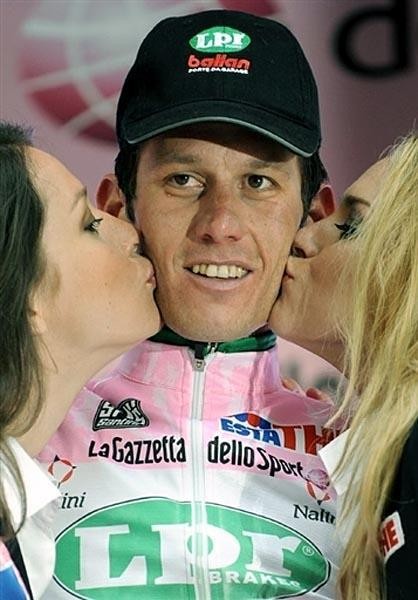
Menchov shines in classification battle as maglia rosa passes to Bosisio
Italy's Emanuele Sella of Team CSF Group Navigare dominated the first high-mountain day of the 91st Giro d'Italia, winning stage 14 to Alpe di Pampeago by attacking solo with nearly 50 kilometres to go on the Passo Manghen. At over four minutes back, Belorussian Vasil Kiryienka (Tinkoff Credit Systems) and Spaniard Joaquin Rodriguez finished second and third, respectively.
"Today someone was watching down," stated 27 year-old Sella after finishing the demainding day of 195 kilometres and two mountain passes. "All of the bad luck and now... I don't know who, but someone [was watching over me]. I had fear of being caught. In the last kilometre I suffered a lot. I really did a number."
Italian Champion Giovanni Visconti (Quick Step), who carried the race leader's maglia rosa for the last eight stages, succumbed to the high mountain passes and lost time to the leaders. Italy's Gabriele Bosisio (LPR Brakes) took over the race lead with five seconds on Contador. "The first big climb, there were not great gaps, but up ahead there are more," said the 27 year-old rider from Lecco. "I hope the team – Paolo [Savoldelli] and Danilo [Di Luca] – can keep getting stronger. I took the jersey, but everyone worked. I have to say thanks to everyone."
The favourites fought for the overall classification on the 7.7-kilometre Pampeago. After Simoni's Diquigiovanni team did its muscle work, the reins were handed over to Di Luca's LPR Brakes. It had four men – Di Luca, Savoldelli, Bosisio and Spezialetti – through the village of Tesero, one kilometre into the climb.
Levi Leipheimer (Astana), Vincenzo Nibali (Liquigas) and Andreas Klöden (Astana) were distanced while a lead move started to form. Italy's Domenico Pozzovivo (CSF Group Navigare) accelerated at 1600 metres remaining to force out Vuelta a España champion Denis Menchov (Rabobank), Gilberto Simoni (Diquigiovanni), Riccardo Riccò (Saunier Duval-Scott) and Jurgen Van den Broeck (Silence-Lotto). Astana's Alberto Contador was gapped, followed by Di Luca at 1200 metres.
Simoni, Pellizotti and Van den Broeck each accelerated, but it was Russia's Menchov who moved free, gaining nine seconds over the others by the finish.
"I saw that no one was moving. I said 'I have to try,'" noted Italy's Pellizotti. "I could not wait, I tried and it went well. Today is the first true climb in the mountains, I wanted to see how I was. ... I am content with how I went, the condition is there and we will go on from here."
With Pellizotti was Italy's Riccò, already a winner of two stages in this Giro d'Italia. "This morning, I did not feel good," revealed Riccò. "I had some flu [symptoms] from the other cold days. I could not breathe the way I wanted to. I gave my most and I hope for the best. I hope I will have better breathing over the next days."
Two-time Giro d'Italia winner, Simoni, was not impressed with the fellow leaders. "A bunch of lambs," he declared. "I tried, the team worked, maybe I was the first to attack. Behind they were scared. ... I tried a little bit on the Pampeago. I believe that if you are able to cause some pain you have to try."
Di Luca passed the line 26 seconds after Menchov and 13 after Simoni and Van den Broeck. "We did our work," said last year's Giro d'Italia winner. "I lost a little bit of time, but in the end it went well and the Giro is long. I am good, maybe I lack a little bit. Tomorrow, is another day. If I feel good, I will try.
"Now we are in the maglia rosa. ... I am happy for Bosisio and it gives me an advantage."
Di Luca and Riccò noted the time loss of Spain's Contador, who was dropped before the final kilometre. He lost 36 seconds to Riccò and 19 seconds to Di Luca, but still is the best placed of the favourites. "I didn't have the day I was hoping for," Contador confessed.
"I've been struggling with allergies and it really affected me today. The legs couldn't respond as they normally would have. To be five seconds from the maglia rosa is disappointing. I'm not happy with how things went at all."
How it unfolded
163 riders took to the official start at 11:53. A few riders opted for an easy way out today. Not surprisingly, they were mostly sprinters. Robbie McEwen (Silence - Lotto), Robert Förster (Gerolsteiner) and Koldo Fernandez De Larrea (Euskaltel - Euskadi). But also Davide Rebellin (Gerolsteiner) decided to leave the Giro prematurely.
After 13 kilometres, 10 riders took off. Christian Vande Velde (Slipstream), Paolo Bettini (Quick Step), Jure Golcer (LPR Brakes), Emanuele Selle (CSF Group Navigare), Jose Rujano (Caisse d'Epargne), Joaquin Rodriguez (Caisse d'Epargne), Vasili Kiryienka (Tinkoff), Rinaldo Nocentini (AG2R), Jens Voigt (CSC) and Charles Wegelius (Liquigas). They were joined by three more, Maxim Iglinsky (Astana), Francisco Perez Sanchez (Caisse d'Epargne) and Yoann Le Boulanger (Française des Jeux), to make it the break of the day.
By kilometre 29 they already had 3'10" over a peloton that seemed tranquilized by the daunting mountains. The race started immediately with an uphill, to the Cerro Veronese. The first hour was raced at a moderate 32.1 km/h. The gap quickly extended to 5'12", as the break tackled the second climb of the day, up to Fosse. To add insult to injury, neither climb offered mountain points.
Mirco Lorenzetto (Lampre) had another crash, after 45 kilometres. And at kilometre 50, Graeme Brown (Rabobank) and Luciano André Pagliarini Mendonca (Saunier Duval - Scott) decided it was enough for this year's Giro and climbed off their bikes.
The lead extended to six and a half minutes after sixty kilometres. At km 63, Bettini, who was in the break, had a flat, but quickly got back on. The gap increased to 7'16" and after 90km it was at 7'40". Nocentini flatted after 100km, but was also quickly back in the echelon of the break.
After 104 kilometres, Lorenzetto had enough of the crashes for this year's Giro and also stepped off his machine. The gap was reduced to seven minutes. The first three hours were raced at an average speed of 37.3 km/h. The gap, which had dropped below the seven-minute mark, started to climb again and was at 7'35" at kilometre 114. That was when Oscar Gatto (Gerolsteiner) followed suit to the guys ending the race in the broom wagon.
The intermediate sprint at Borgo Valsugana after 137 kilometres was taken by Yoann Le Boulanger (Française des Jeux), ahead of Francisco Perez Sanchez (Caisse d'Epargne) and Emanuele Sella (CSF Group Navigare). The gap was around the seven-minute mark. This also indicated the looming mountain, as the Passo Manghen was to start only a few kilometres later.
Sella was of course the first to open the attack in the front, hoping to get the mountain points. That acceleration shattered the group completely. Félix Rafael Cárdenas Ravalo (Barloworld) was the one who attacked out of the peloton, but he couldn't get away.
Sella got clear, with Rodriguez and Golcer chasing. The main peloton completely disintegrated, with the sprinters looking to build the autobus. Visconti started to get dropped when the race hit gradients of around 13 percent.
In the front. Golcer couldn't hold the pace and soon was back in the group. Rodriguez held on, but with seven kilometres to the top, he was already a minute behind and not far ahead of the rest of the chasers. Golcer and Kiryienka managed to move up to Rodriguez again.
In the main peloton, Serramenti PVC Diquigiovanni-Androni Giocattoli was driving the pace, an indication that Simoni felt well. Eventually, the following groups formed: Sella in the front, with Rodriguez and Kiryienka chasing behind. Then Golcer and Rujano, followed by a quartet, with Bettini, Voigt, Nocentini and Wegelius.
The main group was eight minutes behind, with the pink jersey, Visconti, a further minute adrift.
Close to the top, Sella took out his vest, got bottles and food and prepared for the descent. Kiryienka and Rodriguez followed behind, 2'42 later. Then came Golcer at 3'00" and Rujano at 3'40". The Bettini group crested the top 5'28" behind. The group of favourites reached the top 10'57" later, while Visconti and his faithful Quick Step team passed the top almost two minutes later.
On the descent, Rujano joined Golcer again and together they reduced their gap to 2'55" at the bottom. Rodriguez and Kiryienka were 1'50" behind Sella when the latter started to approach an uphill after the descent. That wasn't the start of the climb yet, though. Sella added to his lead again, when he crossed the 15km to go sign. Rodriguez and Kiryienka were at 2'18" and Rujano and Golcer at 3'35". The group came through at 10'29".
Sella kept the pace up over the flat part and started the last eight kilometres by himself. The uphill was 7.7 kilometres, to be exact. Behind, Bettini and Nocentini moved up to join Rujano, while Golcer was dropped from that group.
Five kilometres from the finish, Sella still had 2'24" over the first chasers, with all the favourites at 10'00". Visconti was losing more ground and his pink jersey was in danger of changing colour back to his normal Quick Step white.
The devil himself was chasing Sella up the road, who looked set for the stage win. Sella spent a lot of time out of the saddle, which helped him to keep that pressure on the pedals, while the group of favourites started to thin. Leipheimer was the first of the Astana favourites to drop back, followed by Klöden.
Sella crossed the line some ten minutes ahead of the peloton and five minutes ahead of second-placed Kiryienka.
Simoni was the first to give it a serious go, with three kilometres remaining. That stretched the group thin even more, with Di Luca and Contador finding it hard to follow the pace. Franco Pellizotti felt strong and went to the front, but Denis Menchov had none of it and took over. He gapped the others, and Simoni was the first chaser. Jurgen Van Den Broeck did another strong ride and kept close, as did Pellizotti.
Eventually, Riccardo Riccò caught up with less than two kilometres to go.
Bettini made it to the finish with a face of pain, saving three quarters of a minute to the favourites. A strong Menchov led the chasers home, with Contador moving into second place in GC, despite losing some 45 seconds.
Stage 15 - Sunday, May 25: Arabba - Passo Fedaia/Marmolada (Dolomites Stars), 153km
Stage 15 will be the second of three stages with mountaintop finishes in this year's Giro d'Italia. It takes in six serious climbs, including the 11.8-kilometre Passo di San Pellegrino, the 9.8-kilometre Passo Giau and the finale, 13.35 kilometres up the Passo Fedaia. Though the Giro d'Italia has never finished on the Passo Fedaia, it has been used in some memorable stage battles. In 2002, Julio Pérez attacked on the climb to get mountain points and kept going to win the stage, and in 2006, Juan Manuel Gárate kept going after the climb with his escape companions to eventually win the stage.
Get The Leadout Newsletter
The latest race content, interviews, features, reviews and expert buying guides, direct to your inbox!
Latest on Cyclingnews
-
Gallery: Paris-Roubaix women's podium bikes
Fresh off the cobbles, all three bikes from the podium of Paris-Roubaix Femmes -
USA CRITS: Lucas Bourgoyne goes back-to-back at Hapeville Crit while Aylena Quevedo takes pro women's win
Women's Kingdom Elite team goes one-two with Jeydy Praderas on podium ahead of Erica Carney -
'We should just go for it' - Tadej Pogačar nervous but confident about Paris-Roubaix debut
UAE Team Emirates prepare to take on Van der Poel, Pedersen, Van Aert in the Hell of the North -
Lukáš Kubiš inspired by Peter Sagan as he leads Unibet Tietema Rockets charge into debut Paris-Roubaix
Slovakian revelation in Spring Classics heads up French squad at the biggest race in their history
